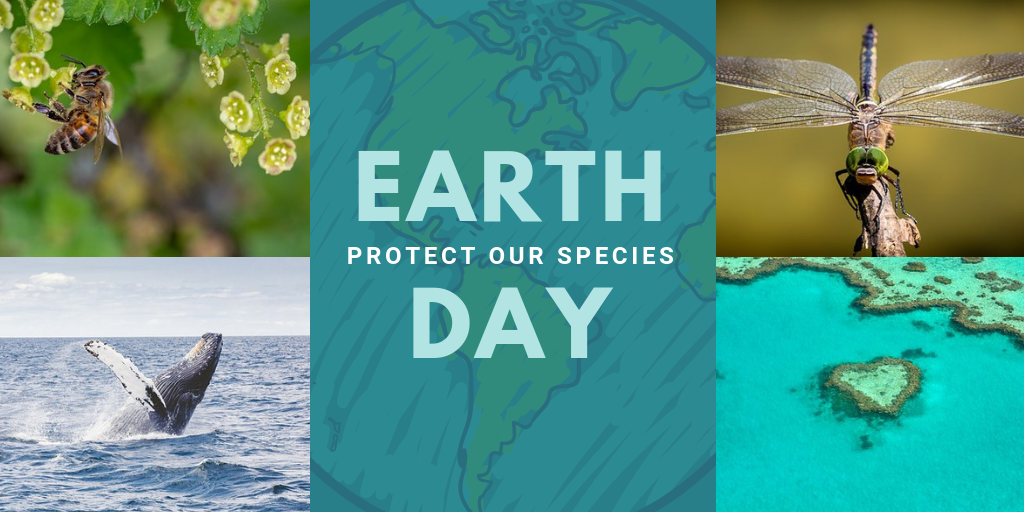Each year on April 22, Earth Day marks the anniversary of the birth of the modern environmental movement in 1970 (Earth Day Network, 2019a). Earth Day aims to raise awareness of a specific theme with various events held to demonstrate support for environmental protection.
Earth Day was the idea of founder Gaylord Nelson (U.S Senator from Wisconsin), after witnessing the ravages of the 1969 massive oil spill in Santa Barbara, California (Earth Day Network, 2019a). On April 22, 1970, 20 million Americans took to the streets, parks and auditoriums to demonstrate for a healthy, sustainable environment, with the creation of the United States Environmental Protection Agency and the passage of the Clean Air, Clean Water and Endangered Species Act both happening off the back of the first Earth Day (Earth Day Network, 2019a).
1990 saw Earth Day go global, mobilising 200 million people in 141 countries to give a boost to recycling efforts worldwide and help pave the way for the 1992 United Nations Earth Summit (Earth Day Network, 2019a).
For his role as Earth Day founder Gaylord Nelson was awarded the Presidential Medal of Freedom in 1995.
Today Earth Day is now coordinated globally by the Earth Day Network and includes events in more than 193 countries (Wikipedia, 2019). 2020 will mark the 50th anniversary of earth day.
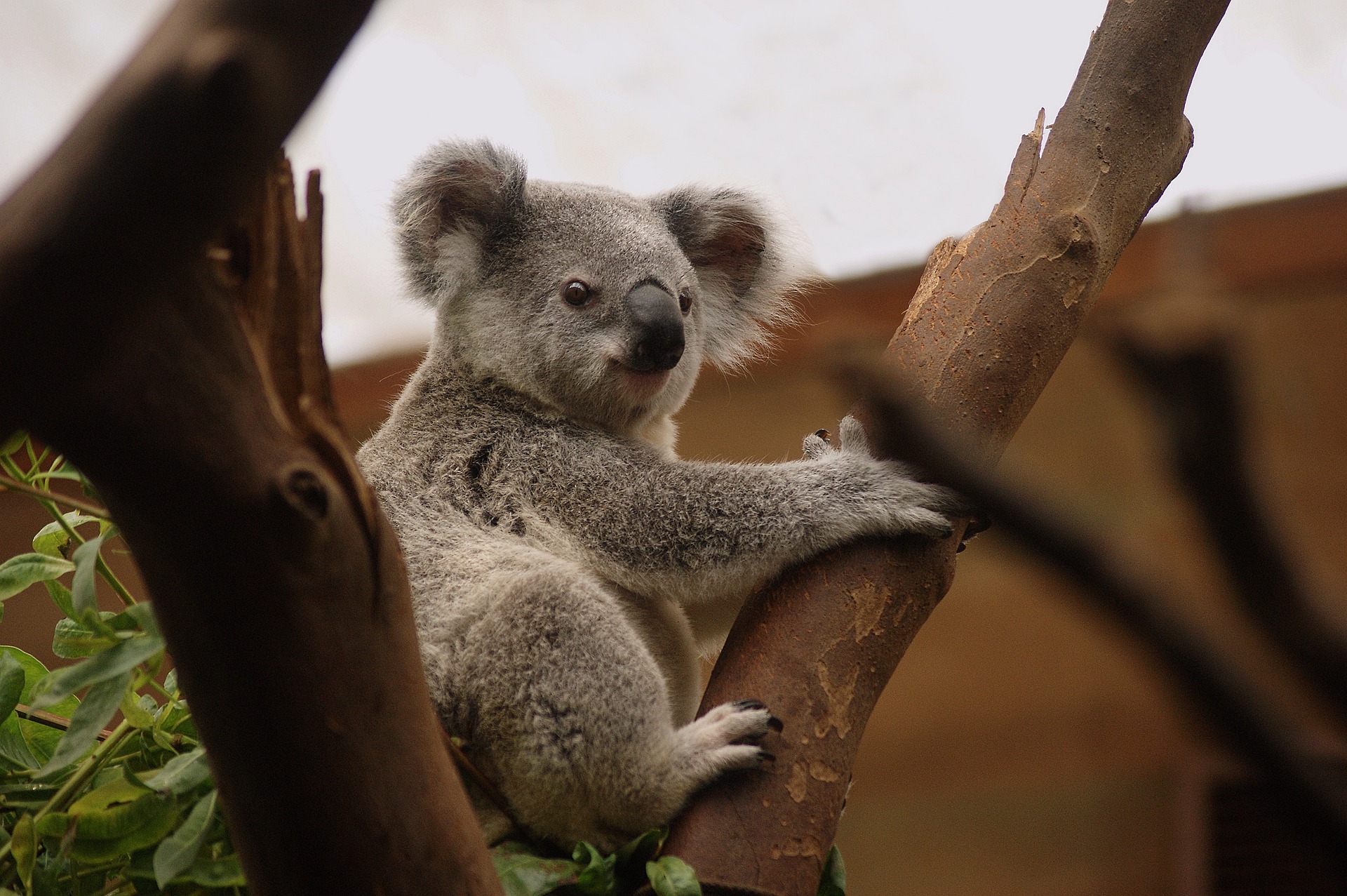
Those who protect and save other animals lead the way in protecting and saving humanity and earth
~ Anthony Douglas Williams ~
Earth Day 2019 – Take Action
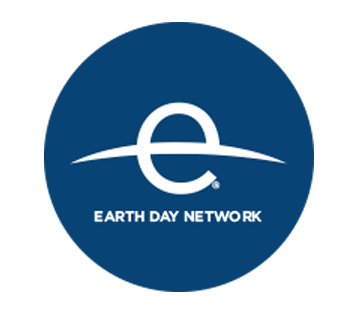 The campaign for Earth Day 2019 is Protect our Species, with the target species being bees, coral reefs, elephants, giraffes, insects and whales. The goals of the campaign are to:
The campaign for Earth Day 2019 is Protect our Species, with the target species being bees, coral reefs, elephants, giraffes, insects and whales. The goals of the campaign are to:
- Educate and raise awareness about the accelerating rate of extinction of millions of species and the causes and consequences of this phenomenon.
- Achieve major policy victories that protect broad groups of species as well as individual species and their habitats.
- Build and activate a global movement that embraces nature and its values.
- Encourage individual actions such as adopting a plant-based diet and stopping pesticide and herbicide use.
Below are some ways in which you can take action to protect some of the target species.
Bees
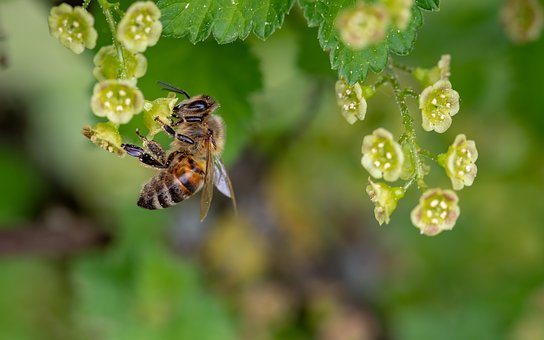 Honey bees (wild and domestic) perform about 80% of all pollination worldwide (Greenpeace, n.d.), however worldwide bee populations are in decline due to the threat of climate change, loss of habitat, use of pesticides and diseases. Bees are a keystone species and without them to pollinate food sources, many other animal species would not survive.
Honey bees (wild and domestic) perform about 80% of all pollination worldwide (Greenpeace, n.d.), however worldwide bee populations are in decline due to the threat of climate change, loss of habitat, use of pesticides and diseases. Bees are a keystone species and without them to pollinate food sources, many other animal species would not survive.
Ways in which you can help to save the bees include:
- Support the ban on the use of pesticides.
- Don’t use pesticides within your garden.
- Become a bee-keeper.
- Plant a bee-friendly garden with blooms for bees all year round.
- Don’t buy imported honey.
- Preserve wild habitat.
Coral Reefs (Earth Day Network, 2019)
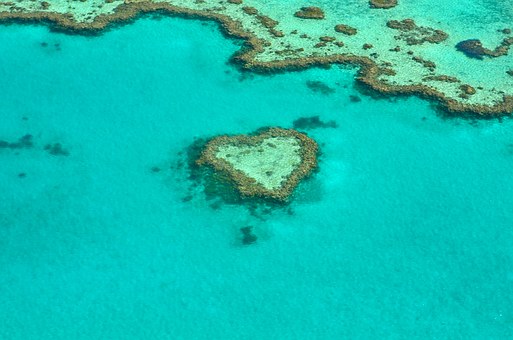 Corals reefs cover approximately 110,000 square miles worldwide and are home to 25% of all marine life on the planet, with the world’s largest coral reef, the Great Barrier Reef home to 1,500 species of fish and many different species of hard and soft corals.
Corals reefs cover approximately 110,000 square miles worldwide and are home to 25% of all marine life on the planet, with the world’s largest coral reef, the Great Barrier Reef home to 1,500 species of fish and many different species of hard and soft corals.
Coral reefs are under threat with 25% of worldwide already considered damaged beyond repair from threats such as climate change, overfishing, coastal development and dredging, unsustainable tourism and chemicals.
Ways in which you can help protect coral reefs include:
- Using sunscreen that is oxybenzone-free.
- Recycling everything, regardless of where you live.
- Avoid damage to coral reefs if you dive or snorkel.
- Only buy legally and sustainably collected coral and fish for home aquariums.
- In addition to picking up your own rubbish when at the beach, carry away any that others have left behind.
- Don’t send chemicals into waterways.
Insects (Earth Day Network, 2019b)
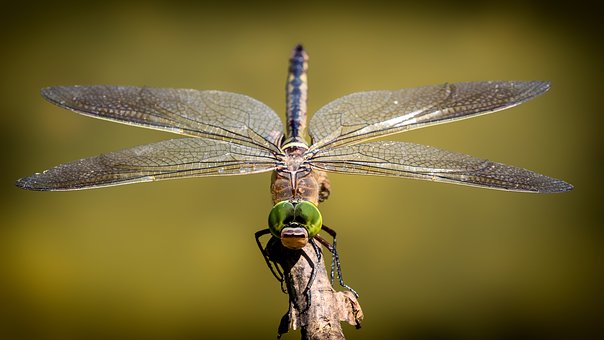 Insects make up approximately 80% of the all the worlds known species, with some having been on the earth for more than 300 million years (grasshoppers existed before the dinosaurs).
Insects make up approximately 80% of the all the worlds known species, with some having been on the earth for more than 300 million years (grasshoppers existed before the dinosaurs).
Like bees, insects help to pollinate our plants and flowers as well as aerate our soil and aid in recycling nutrients for use by other animals. Without them, our global ecosystems would collapse.
Like other animals, they are also at threat from climate change, habitat loss, pesticides and invasive species.
Ways in which you can help protect insects include:
- Avoid using pesticides in your garden.
- Investigate natural remedies to deal with pest species.
- Grow native plants to attract the local insect population.
- Use and promote organic products.
- Educate your family, friends and elected officials on the importance of protecting insect species.
Whales
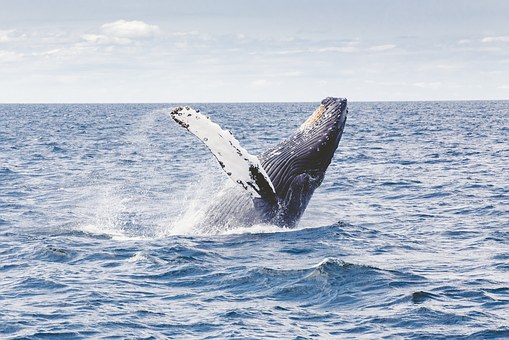 Whales are the largest mammal on earth and play an important role in not only the marine ecosystem but the global economy with around 4 billion dollars and 13,000 jobs generated worldwide from whale watching (Earth Day Network, 2019c).
Whales are the largest mammal on earth and play an important role in not only the marine ecosystem but the global economy with around 4 billion dollars and 13,000 jobs generated worldwide from whale watching (Earth Day Network, 2019c).
The survival of whales is at threat from climate change, hunting, collisions with boats, bycatch and pollution. A dead whale that washed up in the Philippines in March 2019 was found to have 40kg of plastic inside its stomach (BBC News, 2019).
Ways in which you can help protect whales include:
- Preventing Ocean Pollution, including reducing plastic use.
- Get involved in beach clean-ups or pick up any rubbish during your trips to the beach.
- Support sustainable fishing.
- Sign partitions to end whale hunting.
More information and resources on how you can help protect our species can be found at the following websites:
- Earth Day – https://www.earthday.org/
- Greenpeace – https://www.greenpeace.org.au/
- Take 3 for the Sea – https://www.take3.org/
Download PDF: ISPL Insight – Earth Day 2019
References
BBC News. (2019, March 18). Dead Philippines whale had 40kg of plastic in stomach. Retrieved from BBC News: https://www.bbc.com/news/world-asia-47608949
Earth Day Network. (2019). What you need to know about coral reefs and how you can help protect them. Retrieved from Earth Day: https://www.earthday.org/campaigns/endangered-species/coral-reefs/
Earth Day Network. (2019a). The History of Earth Day. Retrieved from https://www.earthday.org/about/the-history-of-earth-day/
Earth Day Network. (2019b). What you need to know about insects and how you can help to protect them. Retrieved from Earth Day: https://www.earthday.org/campaigns/endangered-species/insects/
Earth Day Network. (2019c). What you need to know about whales and how you can help to protect them. Retrieved from Earth Day: https://www.earthday.org/campaigns/endangered-species/whales/
Greenpeace. (n.d.). Save the Bees. Retrieved March 19, 2019, from Greenpeace: https://www.greenpeace.org/usa/sustainable-agriculture/save-the-bees/
Wikipedia. (2019, March 7). Earth Day. Retrieved from https://en.wikipedia.org/wiki/Earth_Day

